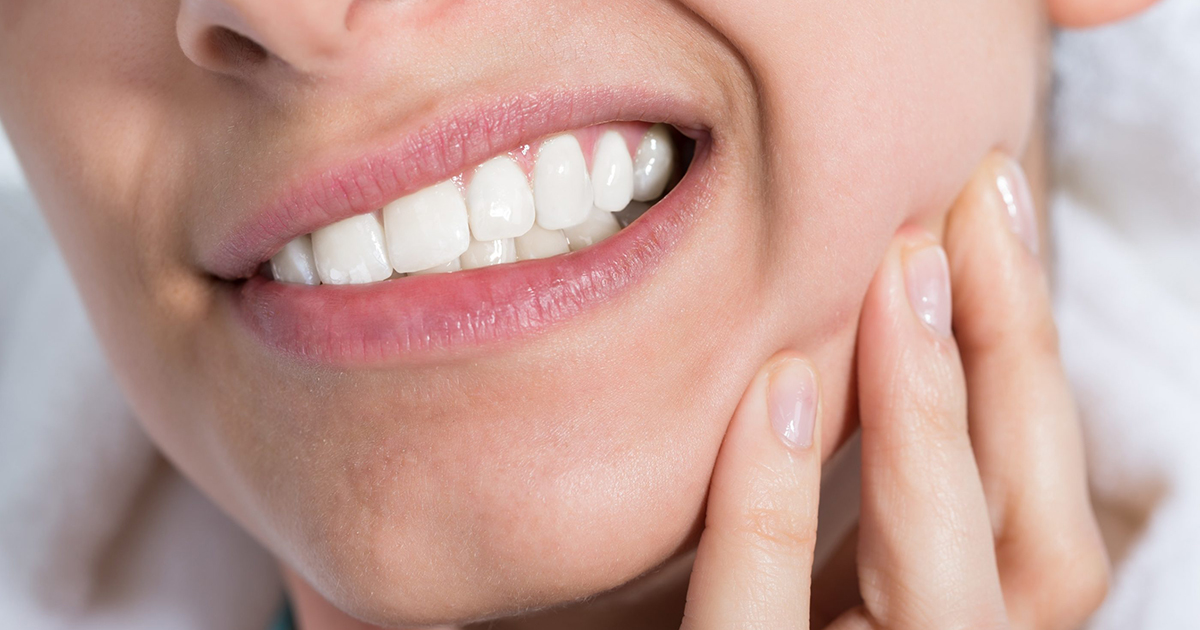Causes of Temporomandibular Joint Disease
Grinding Or Clenching Teeth

Clenching and grinding your teeth on occasion is natural. Small amounts of teeth grinding won't cause damage to your jaw or your mouth, but when grinding occurs on a regular basis, it can increase your risk of developing temporomandibular joint disorders. You might also suffer damage to your teeth and the potential for other oral health issues.
Many don't realize they grind their teeth, because the majority of teeth grinding is done while asleep. The condition can be a sign of anxiety and stress, but in most cases, it's caused by crooked teeth or an abnormal bite. Studies also indicate sleep disorders like sleep apnea might cause teeth grinding.
Teeth grinding puts an enormous amount of pressure on the jaw. When that pressure moves back and forth, there's an increased potential for the jaw to slip out of place or suffer other injuries from wear-and-tear. Chronic teeth grinding might even change a person's facial appearance, although this only tends to happen in extreme cases. If grinding is the cause of your TMJ disorders, you might benefit from having your dentist fit a mouth guard to protect your teeth.
Continue reading to learn how some connective tissues conditions might be related to temporomandibular joint disease.
Connective Tissue Diseases

There are a few connective tissue diseases that might cause problems throughout the body, with the temporomandibular joint being just one of the multiple areas affected. The best known is mixed connective tissue disease, otherwise known as MCTD. This disorder has a mixture of features from systemic lupus, systemic sclerosis, polymyositis, and erythematosus.
The most important thing to understand is MCTD can cause widespread problems with joint pain. It also causes issues with the internal organs, muscle weakness, and possible skin abnormalities. Diagnosis of MCTD comes from an analysis of the symptoms and blood tests that show the related levels of the necessary antibodies. MCTD is another autoimmune disease that causes the body to attack itself. It can be treated with the same methods most other autoimmune diseases use. If a person develops TMJ disorders as a result of the joint pain caused by MCTD, the best course of actionis to treat the MCTD rather than the joint itself.
Continue reading to learn about other facial pains related to TMJ disorders.
